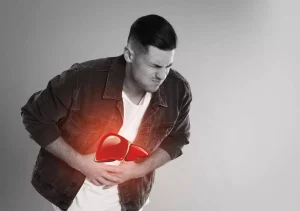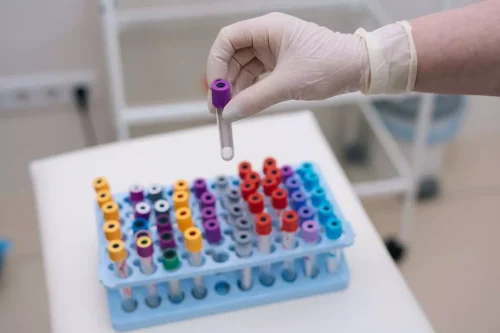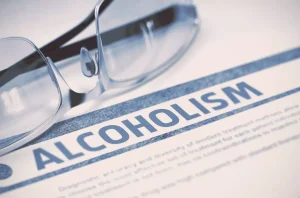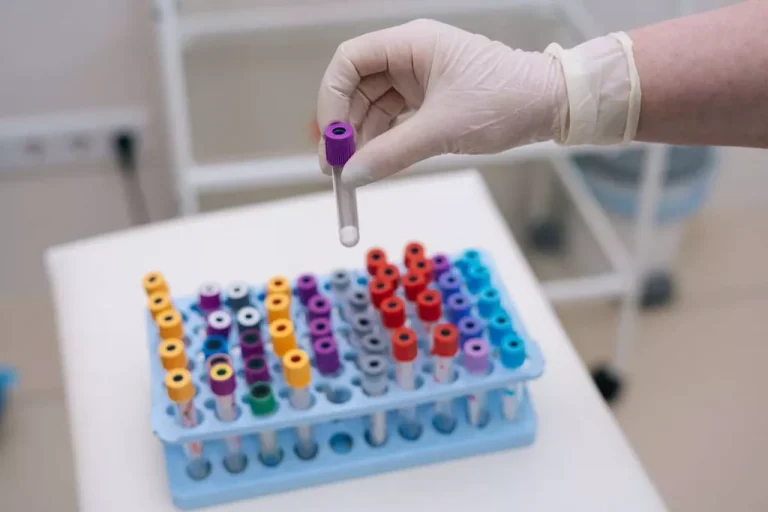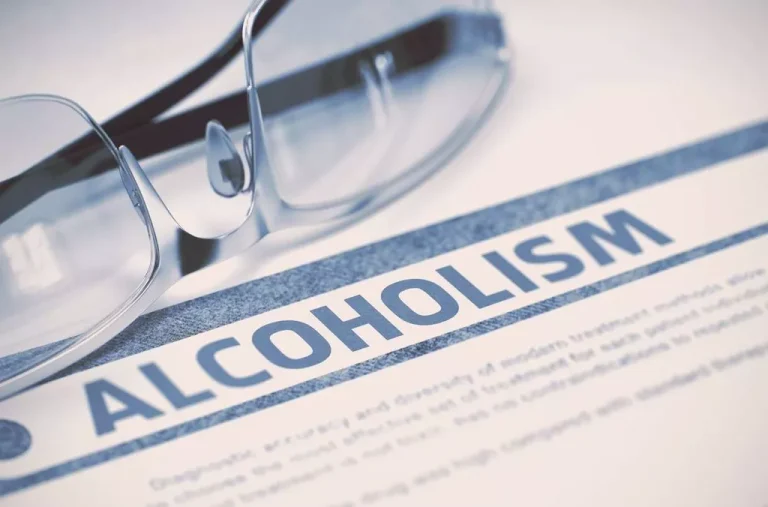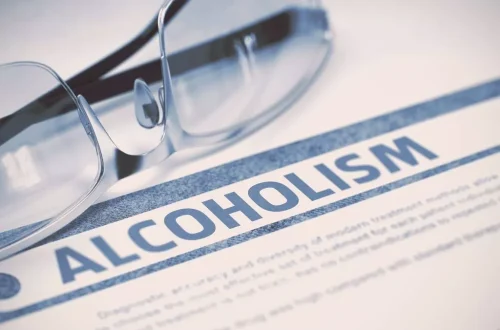
Then, as withdrawal from the drug or alcohol occurs there’s a big sleep-wake reversal which then needs to be addressed. Whether you have had one or multiple drinks, it’s best to wait for your body to fully process the alcohol before heading to bed. In general, try to avoid drinking alcohol four hours before you plan on going to sleep. If you drink alcohol at night and have trouble falling or staying asleep, you might wonder how long you should wait between your last drink and going to bed so your sleep isn’t impacted.
Alcohol and the Sleeping Brain
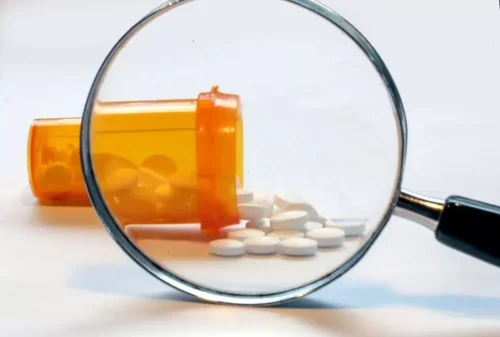
Some people mistakenly use an alcoholic nightcap to fall asleep quickly, but the reality is that alcohol often leads to disrupted sleep cycles, poor sleep quality, and long-term effects on health. However, persons who consume alcohol in excessive amounts suffer from poor sleep quality and patients with alcohol use disorders commonly report insomnia. In this study, we aimed to evaluate the effects of alcohol use on sleep quality. While some people find that drinking alcohol helps them fall asleep more easily, alcohol ultimately has a negative impact on sleep. Even in moderate amounts, alcohol consumed in the hours before bedtime can cost you does alcohol cause insomnia sleep and leave you feeling tired the next day.
- Any treatment center receiving calls from the site is a paid advertiser.
- Then, as withdrawal from the drug or alcohol occurs there’s a big sleep-wake reversal which then needs to be addressed.
- “Although some encouraging results have been seen with gabapentin, quetiapine and CBT-I, these findings need to be replicated using adequately powered studies in individuals with insomnia comorbid with alcohol dependence”.
- To the best of our knowledge, there is no data on the association of AD with central sleep apnea in the absence of other risk factors, such as comorbid congestive heart failure and opioid use.
- If you or a loved one are suffering from Insomnia that you believe is tied to an alcohol use disorder, then your problem is likely more severe than you realize.
Alcohol abuse costs England £27bn annually
Sometimes, people connect their insomnia with alcohol use and vice versa. It’s also a common practice for some people to treat insomnia by consuming alcohol. However, even small amounts of alcohol can have noticeable effects in some people.
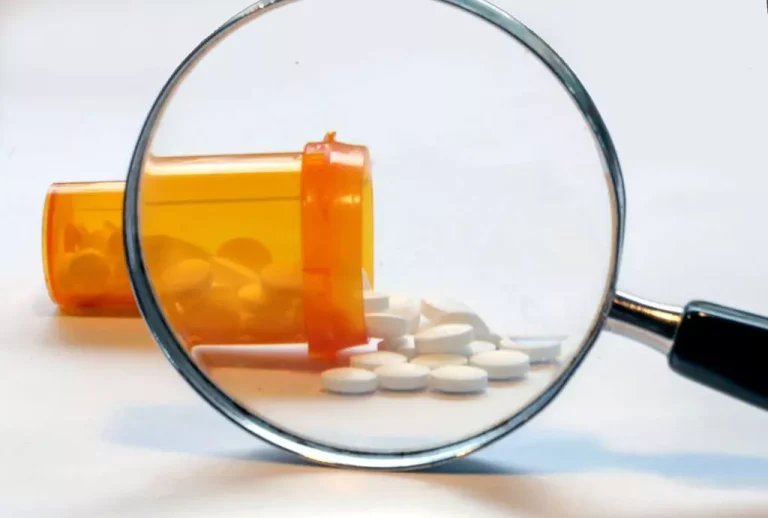
Does Alcohol Affect Sleep? What You Need to Know Before Bed

Nosex differences in the effects of alcohol on sleep were seen in the group of olderadolescents studied by Chan et al. (Chan et al.2013). In a study of 42 recovering alcoholics (15 women) and 42 controls (23women), we found that women had a better sleep efficiency and more delta activity duringNREM sleep than men, regardless of diagnosis (Colrain,Turlington, and Baker 2009a). Further, estimated lifetime alcoholconsumption predicted percentage of SWS in alcoholic men but not alcoholic women (Colrain, Turlington, and Baker 2009a). Estimatedlifetime alcohol consumption was higher in alcoholic men than women, and the women hadlonger periods of sobriety prior to testing on average. Studies that include larger groupsof male and female alcoholics are needed to further evaluate sex differences in https://ecosoberhouse.com/ the impactof alcohol dependence on sleep. Insomnia and other sleep disturbances are exceedingly common during early recovery from alcohol dependence and likely contribute to relapse in this population.
Problems associated with drinking before bed
Researchers discourage older adults — particularly men — from using alcohol as a sleep aid. It can have a relaxing effect, but research shows that too much alcohol can lead to a lack of sleep or insomnia. Many of us find ourselves tossing and turning at night, what is alcoholism trying to get that elusive 7 to 8 hours of sleep experts say we need but never finding it. Your daily habits and environment can significantly impact the quality of your sleep. Join our Sleep Care Community — a trusted hub of sleep health professionals, product specialists, and people just like you. Whether you need expert sleep advice for your insomnia or you’re searching for the perfect mattress, we’ve got you covered.
- Greeff and Conradie131 assessed the benefits of PMR for improving subjective sleep quality in 22 male alcoholic inpatients who met DSM-III-R criteria for an insomnia disorder.
- In this manuscript we will adhere to the ICSD-3 classification for sleep disorders.
- In the absence of continued dosing, alcohol consumed prior to the onset of sleep,therefore, will not be at a constant level throughout the sleep period.

